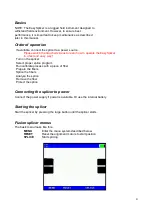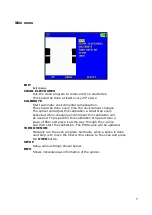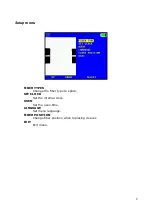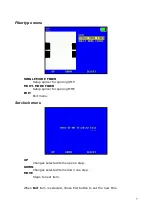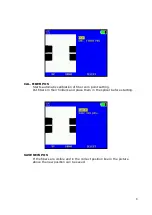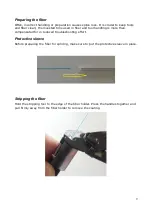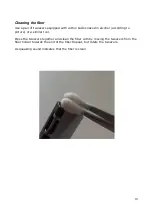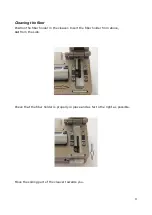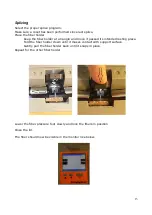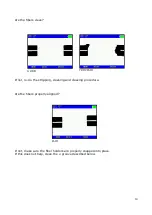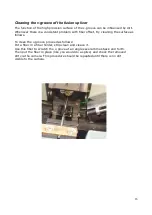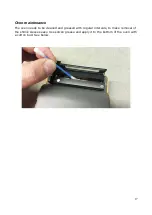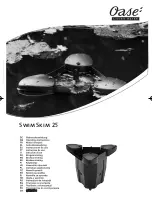
Technical data
Weight:
800
g
Dimensions:
230
x98x53 mm
Alignment:
Axial: Automatic
Radial: Fixed v-groove
Fusion technique:
Arc fusion
Process:
Automatic
Typical Loss:
SMF 0.03dB
MMF 0.01dB
Splice Programs:
2 factory defined
Display:
2.8” Color TFT
Power source:
Battery: 7.4V/2200mAh
Built in.
Power supply:
100-240V AC / 6V DC / 1.25A
Operating environment:
Temperature 0˚C to 45˚C
Humidity max 95% RH,
non-condensing
Storage environment:
Temperature -20˚C to 60˚C
Humidity max 98% RH,
non-condensing
Heat oven:
Built in.
18

